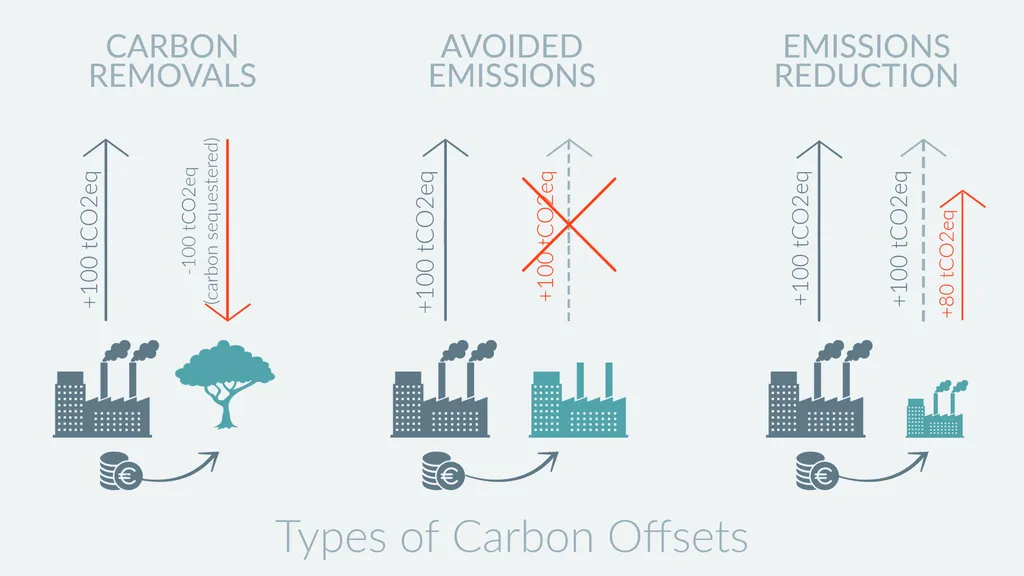In a significant stride towards harmonizing climate and agricultural policies, the European Union’s newly adopted Carbon Removal Certification Framework (CRCF) Regulation is set to reshape the landscape of carbon farming and carbon removals. A recent study published in *Environmental and Climate Technologies* (Vides un klimata tehnoloģijas) sheds light on the policy coherence of this framework, offering insights into its integration with broader EU climate and agricultural strategies.
Led by Laktuka Krista from the Institute of Energy Systems and Environment at Riga Technical University, the research assesses the coherence of the CRCF Regulation with existing EU policies. The study, which analyzed 31 EU documents, reveals a high degree of horizontal coherence with key policies such as the Land Use, Land Use Change and Forestry Regulation and the Common Agricultural Policy. However, it also identifies several gaps and ambiguities that need addressing to ensure the framework’s effectiveness.
“The CRCF Regulation represents a significant policy shift, introducing a voluntary, harmonized EU certification framework for carbon removals, including carbon farming,” Krista explains. “Our analysis highlights the need for stronger vertical integration and methodological clarity to ensure that certified activities effectively support EU climate goals.”
One of the key findings of the study is the potential for overlaps in funding mechanisms, which could create inefficiencies and hinder the framework’s impact. Additionally, the lack of clear baseline methodologies for measuring carbon removals poses a challenge for practical implementation.
For the energy sector, the implications are substantial. The CRCF Regulation could drive investments in carbon farming and other carbon removal technologies, creating new commercial opportunities. However, the success of these investments will depend on the clarity and coherence of the policy framework. As Krista notes, “The energy sector stands to benefit from the CRCF Regulation, but only if the policy framework is robust and coherent.”
The study underscores the importance of addressing these gaps and ambiguities to ensure that the CRCF Regulation effectively supports the EU’s climate goals. As the EU continues to develop and implement this framework, the findings of this research will be crucial in shaping future policy developments.
In the broader context, the study highlights the need for a holistic approach to climate policy, one that integrates various sectors and stakeholders. As the EU strives to achieve its climate targets, the CRCF Regulation could play a pivotal role in driving sustainable practices and fostering innovation in the energy sector.
In conclusion, the research by Krista and her team offers valuable insights into the policy coherence of the EU’s Carbon Removal Certification Framework. By addressing the identified gaps and ambiguities, the EU can ensure that this framework effectively supports its climate goals and drives sustainable practices in the energy sector. As the world grapples with the challenges of climate change, such policy initiatives will be crucial in shaping a sustainable future.

